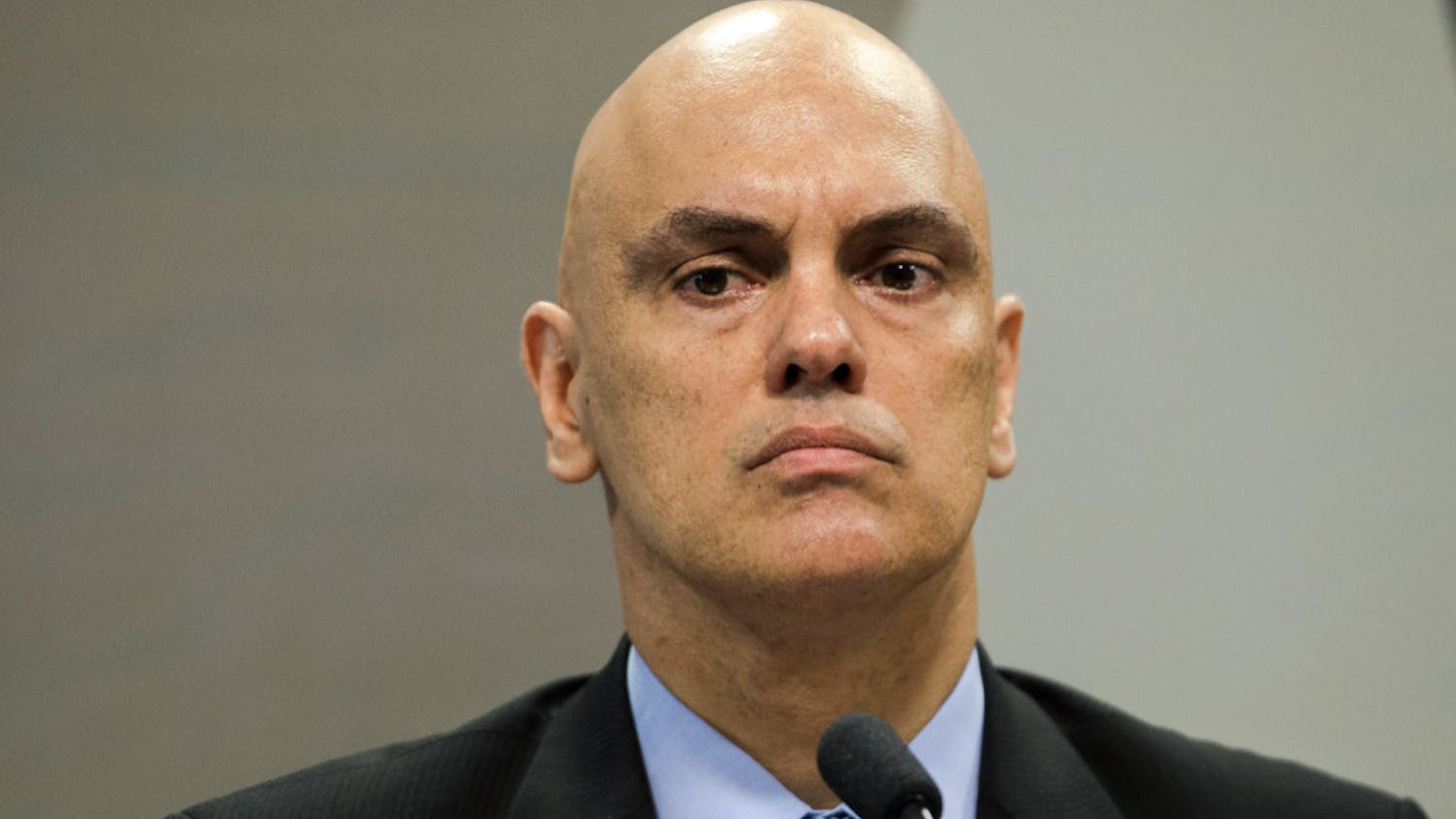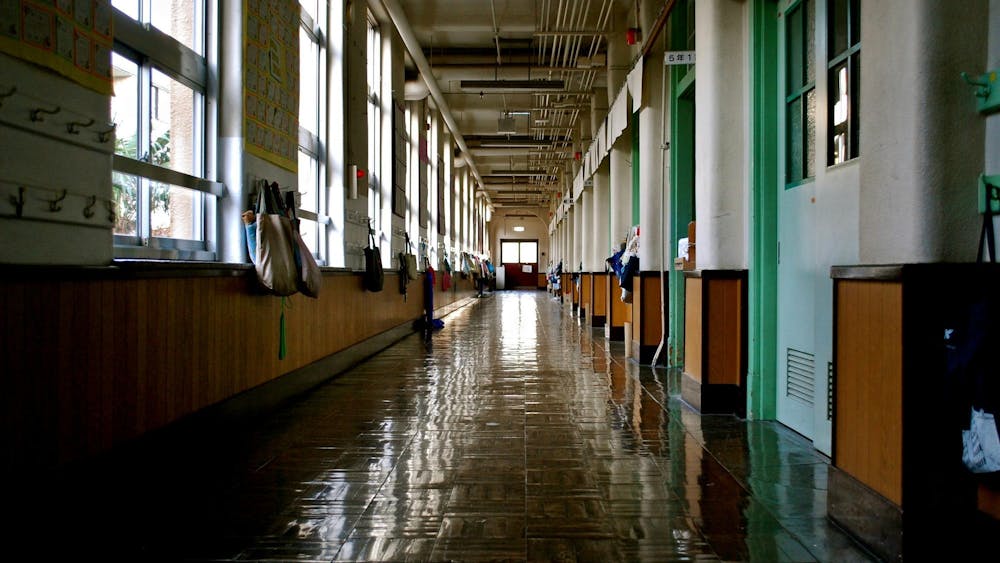The late great film producer Cecil B. DeMille said, "Creativity is a drug I cannot live without."
In that case, someone ought to hook Congress up with Cecil's prescription, because for all of the brains and charisma in Washington, there's strikingly little creativity when it comes to fixing the current debt crisis.

With the fiscal cliff on the horizon, Republicans and Democrats just can't agree on a plan to reduce the federal deficit. We all want Washington to "get things done," but the prospects of that happening appear to be dimmed after this status quo election - same Republican House, same Democratic Senate, same President.
We could wait and see which package of combined spending cuts and tax increases our elected officials are likely to negotiate in the coming months. Instead, I propose it's time to get creative and diverge from their hackneyed talking points.
One idea: goodbye spending cuts versus tax increases, hello national lottery.
In consultation with my brain trust (who prefers to go unnamed) I've devised this system to increase revenue and put a dent in the deficit.
It's hard to say exactly how many people play the lottery every week, but we do know this: lots of people play, and they will keep on playing.
U.S. lottery sales totaled $58 billion in 2010. More than half of all Americans have bought a ticket in the last year. All this despite the fact the chances of winning the Powerball are roughly one in 175.2 million and many Americans are still struggling in a down economy.

So why do Americans keep playing the lotto?
"When times are tough, and we are continually struggling to get in command of our financial lives, a little fantasy goes a long way to feeling better," explains behavioral psychologist Dr. Stephen Goldbart. "For most Americans, believing in the American Dream ... is a fantasy fraught with anxiety and confusion ... So try a little lottery ticket, put aside what you really need to do to get your life on track, and be part of something bigger than your problems."
Americans are more than willing to give their hard-earned money to the government, as long as there is some chance of them striking it rich by doing so - even if that chance is smaller than dying of a bee sting.
Though it varies from state to state, the basics of any lottery are simple: you buy a ticket and are entered into the drawing to win the jackpot. The government takes a portion of the money that you spent on the ticket and uses it for various programs like education or state parks. The rest of the ticket money goes towards the jackpot.
Instead of operating on a state-by-state basis, why not institute a national lottery with an exponentially bigger jackpot and exponentially more participants?
If we take the numbers from 2010, the $58 billion in revenue from tickets could be cut in half, with $29 billion going towards the jackpot and $29 billion going straight to paying down the debt. With the proper marketing public enthusiasm will surely increase - think Regis Philbin once again asking Americans, 'Who wants to be a millionaire?' Increased enthusiasm translates to more tickets and more revenue. It's easy to imagine the total annual revenue increasing to something close to, say, $80 billion.
That means $40 billion towards the debt. Do that for 10 years - that's $400 billion closer to balancing America's checkbook.
Granted, $400 billion isn't a cure-all for a government that spends by the trillions. The point is thinking outside the box (or in Congress's case, the rotunda) provides more solutions than legislative stalemates. With a handful more ideas like this, crazy as they may seem, the fiscal crisis might not be so daunting after all.
I started this column with a quote, so I suppose I'll end it with one too. It would serve Congress well to listen to the wise words of Dr. Seuss:
"Think left and think right and think low and think high. Oh, the thinks you can think up if only you try!"
John Sandberg is a junior political science major from Littleton, Colo. He can be reached at jsandbe1@nd.edu
The views expressed in this column are those of the author and not necessarily those of The Observer.












